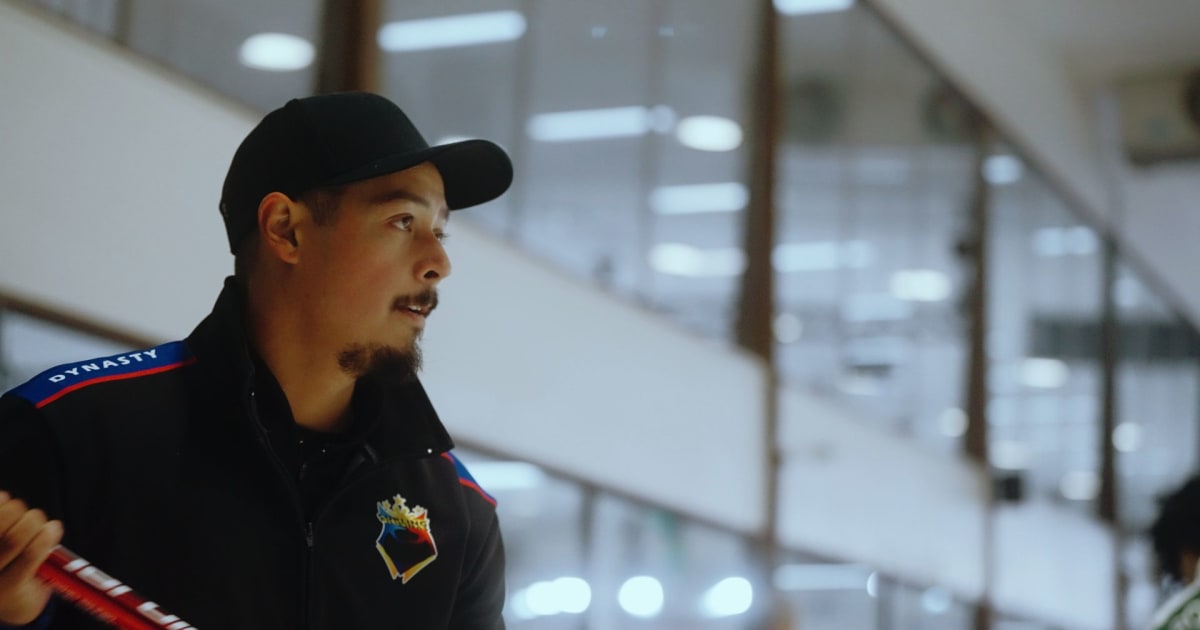Marc Pfister on his cancer diagnosis: “I thought about stopping curling”
There can be little doubt about how fixed Pfister and the Philippine group are on their Olympic ambition: “To qualify for the Olympics is our big goal, our big dream,” he says plainly.
To become the first team ever from the Philippines to qualify for an Olympic curling team would be historic, and to have achieved it with a team member who only began curling as part of a wider weight-loss goal just under three years before would surely put them between Cool Runnings and Eddie ‘the Eagle’ Edwards in the popular imagination.
But the Games have been Pfister’s dream even before Milano Cortina came into view.
The skip first started curling in 1998 as a six-year-old for fun, and was soon joined on the ice by his brother Enrico.
They sensed early on that they had an affinity for the ‘roaring game’, playing in the Swiss Junior Championship final ages 14 and 12.
“Most of our opponents were 20 or 19. So we were really early on, not that bad at curling,” Pfister says.
His rise through the national ranks eventually led him to the Swiss national team, and at his then-peak, he and his rink set their sights on representing Switzerland at the Olympic Winter Games in PyeongChang 2018.
But it would bring double heartbreak for Pfister. Around the same time they failed to win selection for the Games, he was forced to take a hiatus from the sport entirely after receiving a cancer diagnosis.
“I had to stop for, I think, six months with curling. Because it wasn’t possible with the operation and the chemo,” Pfister says. “We also played a qualifier for the European Championship for Switzerland, and I played it without hair. I was really sick, but we missed it; it was really close.
“There was a point I thought about stopping with curling because the dream is over, the Olympics are gone, and there are a lot of other things that make you happy in life behind the curling,” he continues. “It was a really hard time with the cancer.”
During that time, the Swiss-Filipino says his support network stepped up to help him through.
As his hair fell out, his brother cut off his, then the whole team followed. And while he may have thought of walking away, those around him never questioned his ability to return.
“Really, a lot of people around me are curlers,” he says of his decision to go back onto the ice, laughing the same hearty laugh as before. “So, I have to curl.”

